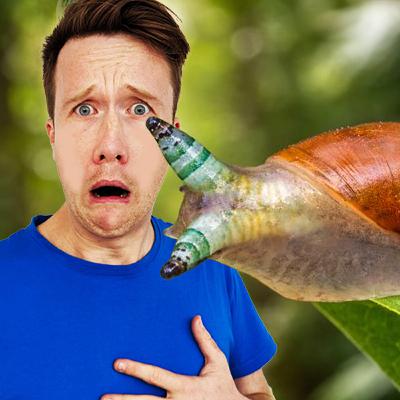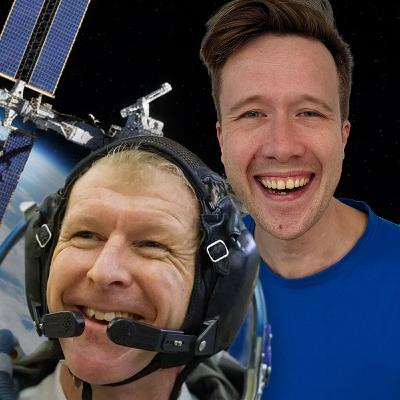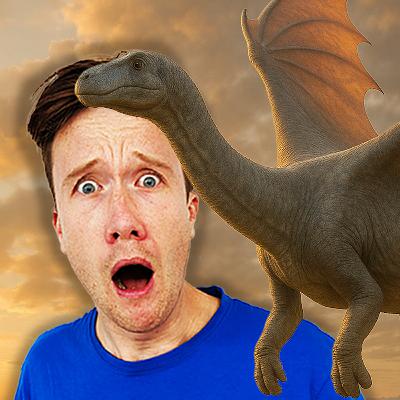
Fun Kids Science Weekly
Author: Fun Kids
Subscribed: 67,012Played: 992,652Description
Exploring the coolest and most incredible stuff in science, from way back when dinosaurs roamed the Earth to a future where humans live in space!
The Fun Kids Science Weekly is hosted by Dan and is the perfect science podcast for kids and families everywhere. Each week, you'll find episodes from series like Deep Space High, Age of the Dinosaurs and Professor Hallux.
There's also a special guest, top experts answering all your science questions and Dangerous Dan - something scientific that’s also a little bit deadly!
You can listen to Dan on Fun Kids (weekdays from 1pm) on DAB Digital Radio across the UK, on the free Fun Kids app and online at funkidslive.com
Plus, when you become a Fun Kids Podcasts Plus subscriber, you get access to hundreds of episodes of the Fun Kids Science Weekly, but able to listen ad-free and get new episodes early! It's out of this world! Not only that you'll get similar benefits on over 30 Fun Kids podcasts plus you'll be safe in the knowledge that you're supporting Fun Kids in bringing high-quality, entertaining, and safe content for your family.
Find out more at FunKidsLive.com/plus
[CLAIM:VY36S2CH]




























دایی ناصر سالها پیش عمرش را داده به شما خدا بیامرز بچه خوبی بود . چقدر هم حضرت اجل زود سراغ اش اومد با یه سرما خوردگی مختصر ای بی وفا دنیا
❤️💓
the techno mum in this episode is SOOOOO funny🤗😄😁😆😅🤣
I'm scared of aliens
I like your podcast very much. Thanks to your advice, I started buying more educational toys for my child. By the way, most of them you can buy here https://www.kidly.co.uk/categories/do/kids-books/activity-and-sticker-books/16097 . It's very convenient.
I like your podcast
Hello, is it possible to upload a transcript file?
How do the clouds generate lightning
Why do elephants have tusks? My son, Isaac loves your podcast. He's always impressing us with 'off the wall' facts, thanks very much!
and more import https://vidmate.onl/download/ antly, your personal experienceMindfully using our emotions as data about our inner state and knowing when it’s better to de-escalate by taking a time out are great tools. Appreciate you reading and sharing your story, since I can certainly relate and I think others can too
Hmm m. Nnnm. K Km c g,. Mm Mmm.. , b. Ngbnnbnjbb b,,, bnnnnnnn,,,, bb.
My name is Grayson and I live in Texas and I have a question why do we get sick?
😑I herd you had a bad word on your podcast
hi you guys are awesome I just have one question: why do you sweat when your hot?
My name is Bobby why does the air get thinner the higher you go
💯 th episode of this podcast
mmmmm no one is useing castbox itresting hmmmmmmmmm 😮😟😩😩😭😭😭😰😱😰I have no friends 😭😭😭😭😭😭😭😭😭😭😭😭😭😭😭😭😭😭😭😭😭😭😭😭😭😭😭😭😭😭😭😭😭😭😭😭😭😭😭😭😭😭😭😭😭😭😭😭😭😭😭😭😭😭😭😭☹️☹️☹️☹️☹️☹️☹️☹️☹️☹️☹️☹️☹️☹️☹️☹️☹️☹️ plz be my friend
hihihihihihihihihi helo and I love your podcast
This is the awsomest podcast! We listen to it as a family in the car and at home. Catalina (11) and Nicolas (9)
so cool